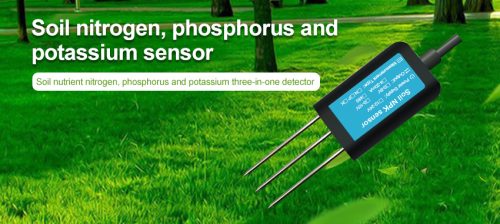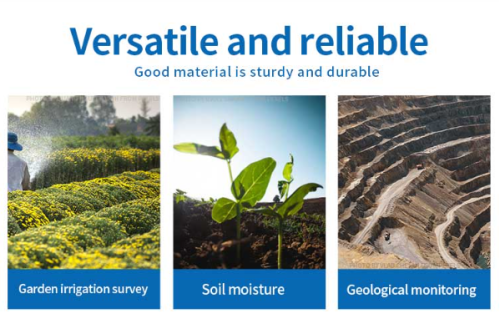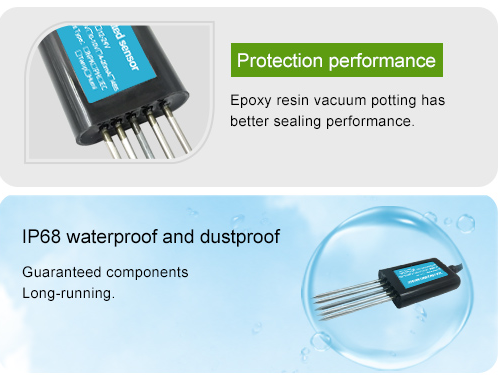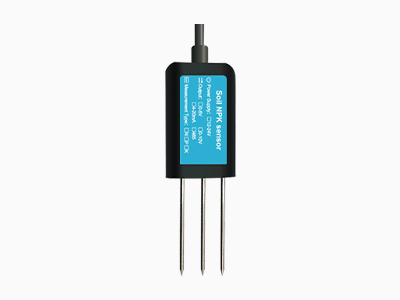With world population expected to reach 10 billion by 2050, optimizing crop yields has become urgent. Soil NPK sensor promise improved nutrient management for sustainable agriculture. But what exactly do they offer?

Introduction of Nutrient Monitoring Soil NPK sensors measure Nitrogen, Phosphorus, and Potassium – three major components determining crop productivity. They assess soil fertility and deliver insights for precise application, curbing wasteful practices like over-fertilization which leads to pollution, excess consumption, and greenhouse gas emission.
Soil NPK Sensor Benefits & Applications:

Nutrient Optimization – Timely adjustments lead to increased productivity.
Resource Conservation – Fertilizer use can be reduced up to 30%, decreasing operating costs & promoting soil health.
Climate Resilience – Accurate data supports adaptable agronomic practices during weather fluctuations.
Sustainability Goals – Minimizing nutrient loss mitigates environmental damage, supporting ESG objectives.
Importance of Soil Nutrient Management
Soil Nutrient Management Nitrogen, Phosphorus, and Potassium are essential nutrients for plant growth and development. Imbalanced or excessive application of these nutrients can lead to reduced crop yields, nutrient leaching, and environmental pollution. Effective soil nutrient management is critical for ensuring that crops receive the right amount of NPK at the right time, leading to improved resource use efficiency, reduced production costs, and minimized environmental impact.
The role of Soil NPK sensors

Soil NPK sensors are advanced technological tools that provide real-time measurements of soil nutrient levels. These sensors utilize various techniques, such as electrochemical, spectroscopic, and ion-selective methods, to accurately detect and quantify NPK concentrations in the soil. By integrating soil NPK sensors into precision agriculture systems, farmers can gather data on soil fertility and make data-driven decisions regarding fertilizer application, irrigation scheduling, and crop-specific nutrient requirements.
Working Principles of Soil NPK Sensors
Soil NPK sensor work differently depending on the specific technology used. Electrochemical sensors measure the electrical conductivity or potential changes associated with NPK ions in the soil. Spectroscopic sensors utilize light absorption or emission properties to identify and quantify NPK elements. Ion-selective sensors selectively detect and measure specific NPK ions based on their electrochemical characteristics. These working principles enable accurate and rapid measurement of soil nutrient levels, providing valuable insights for precision nutrient management.
Conclusion
Soil NPK sensor play a pivotal role in optimizing crop yield and promoting sustainable agriculture. These advanced sensors enable farmers to make informed decisions regarding soil nutrient management, leading to improved resource use efficiency, enhanced crop productivity, and reduced environmental impact. The integration of soil NPK sensors with precision agriculture practices represents a significant step towards achieving sustainable crop production and ensuring food security for future generations.
